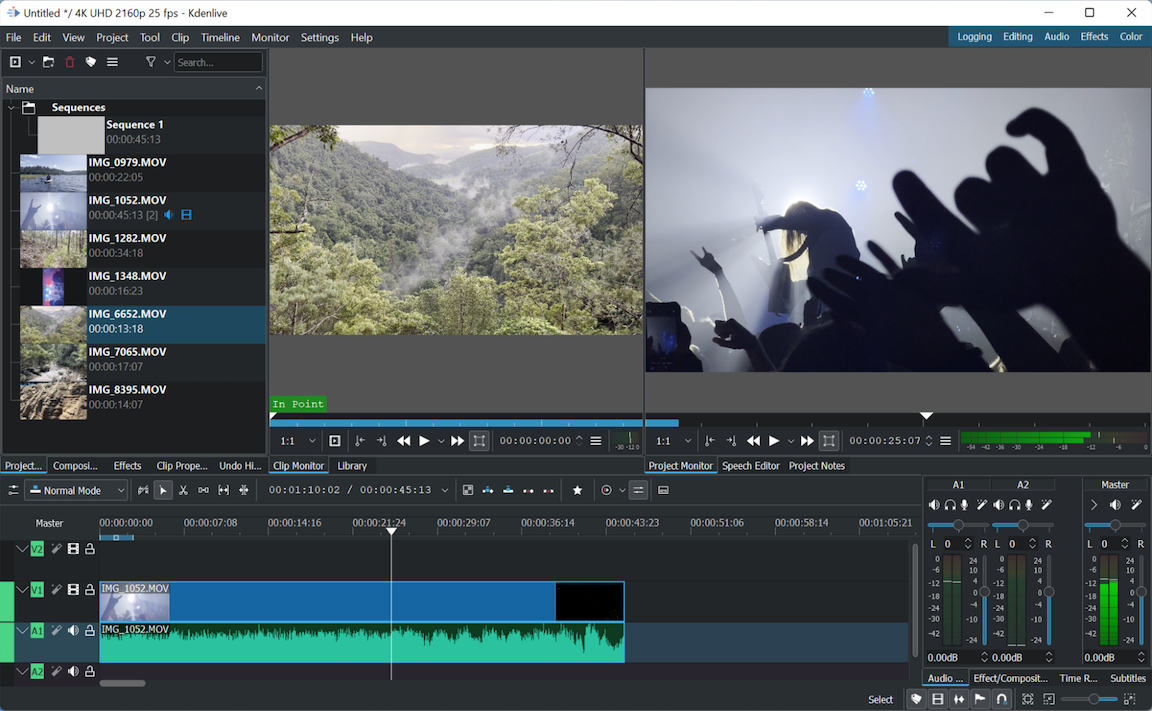AI and Machine Learning in Video Editing
AI and machine learning technologies are revolutionizing the field of video editing, offering powerful tools and capabilities that streamline workflows, enhance creativity, and improve the overall quality of video content. As these technologies continue to evolve, they are reshaping how video editors approach tasks, from automating repetitive processes to enabling advanced editing techniques previously inaccessible to many. In this article, we delve into the impact of AI in video editing, exploring key trends, advancements, and the future implications for the industry.
Automated Video Editing Processes
One of the most significant contributions of AI in video editing is automation. AI-powered algorithms can analyze footage, identify key elements such as faces, objects, and scenes, and automatically assemble clips into coherent sequences. This automation saves editors valuable time by handling mundane tasks like sorting, organizing, and rough-cut editing, allowing them to focus more on creative decision-making and storytelling.

AI-Enhanced Post-Production Effects
AI-driven tools are enhancing post-production effects by enabling sophisticated visual and audio enhancements. For instance, AI can intelligently apply color grading techniques, adjust lighting, and enhance audio quality based on contextual analysis of the footage. These enhancements ensure consistency and professional polish across the entire video, achieving cinematic quality with minimal manual intervention.
Real-Time Editing and Collaboration
Advancements in AI-powered real-time editing tools facilitate collaborative workflows, allowing multiple editors to work simultaneously on the same project from different locations. AI algorithms can synchronize edits, manage version control, and merge changes seamlessly, fostering efficient teamwork and accelerating the production timeline. This capability is particularly valuable in today’s globalized and remote work environments.
Predictive Analytics and Editing Suggestions
AI algorithms leverage predictive analytics to analyze audience engagement patterns and editing trends across platforms. Based on these insights, AI can suggest editing decisions, recommend cuts, transitions, and pacing adjustments to optimize viewer engagement. By predicting audience preferences and behavior, AI helps editors tailor their content to resonate more effectively with target audiences.
Deep Learning for Content Recognition and Tagging
Deep learning algorithms are transforming content recognition and tagging in video editing. AI can automatically tag scenes based on visual and audio cues, categorize footage into searchable metadata, and facilitate efficient content retrieval during the editing process. This capability simplifies asset management and accelerates the search for specific clips or sequences within large video libraries.
Facial Recognition and Emotion Analysis
AI-powered facial recognition and emotion analysis tools enable editors to analyze facial expressions, detect emotions, and adjust editing techniques accordingly. For example, AI can automatically select clips that capture emotional moments, adjust pacing to match the mood of the scene, or apply filters to enhance facial expressions. These capabilities enhance storytelling by highlighting emotional arcs and character dynamics within the narrative.
Personalized Content Creation
AI-driven personalization algorithms are revolutionizing content creation by tailoring videos to individual viewer preferences. For example, AI can generate personalized versions of videos by dynamically adjusting content based on viewer demographics, viewing history, and engagement data. This level of customization enhances viewer satisfaction and increases engagement by delivering relevant and compelling content experiences.
Future Implications and Innovations
Looking ahead, the integration of AI in video editing will continue to evolve with advancements in machine learning, computer vision, and natural language processing. Future innovations may include:
- Interactive and Adaptive Editing Interfaces: AI-powered interfaces that adapt to user preferences and editing styles in real-time.
- AI-Generated Content: Automated creation of video content using AI-generated scripts, animations, and visual effects.
- Ethical Considerations: Addressing ethical concerns around AI-generated content, deepfakes, and data privacy in video editing practices.
Conclusion
AI and machine learning are driving transformative changes in video editing, empowering editors with advanced tools and capabilities that enhance creativity, efficiency, and audience engagement. By automating tedious tasks, enhancing post-production effects, and enabling personalized content creation, AI is redefining the possibilities for video editors and content creators alike. As these technologies continue to evolve, they will play an increasingly central role in shaping the future of video editing, offering new opportunities for innovation and storytelling in the digital era.